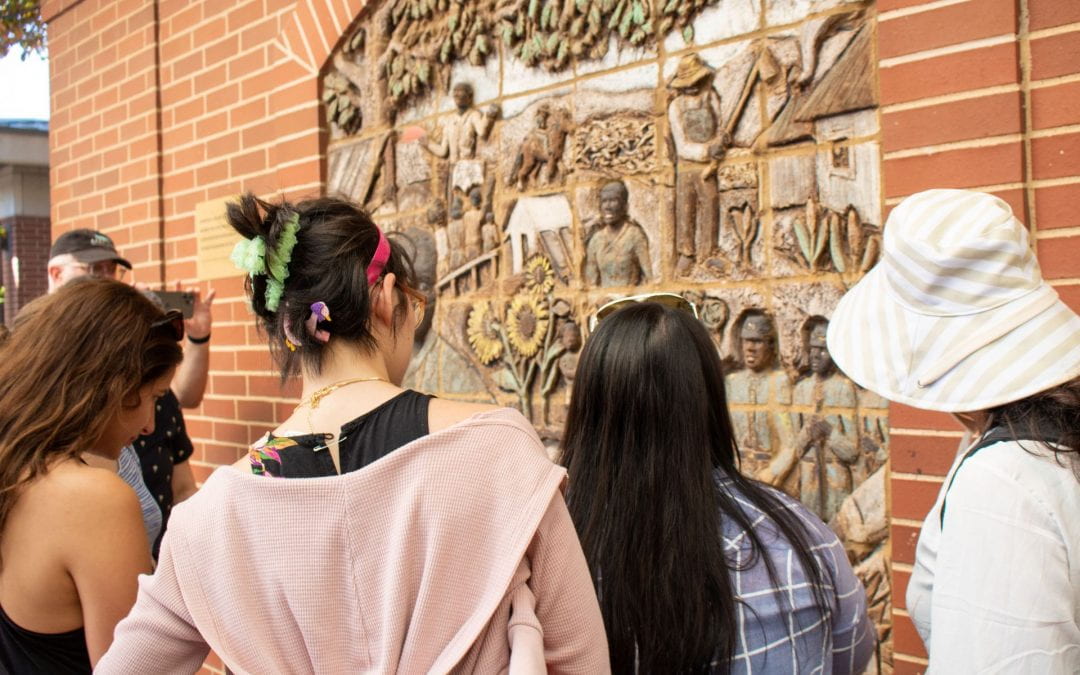Historic Black settlements in urban areas across the United States are being subjected to environmental and industrial hazards that jeopardize their health and survival. Reclaiming Black Settlement is a project that will bring together faculty and students from architecture, landscape architecture, and historic preservationist to create a design Playbook tailored to the needs of historic Black settlements in Dallas-Fort Worth, which are threatened by top-down development as a result of the City’s explosive growth and sprawl. This is an extension of the Master of Landscape Architecture studio, LARC 5660, ARCH 5670 course. The Trinity River and the historic black towns of Joppa, The Bottom, Mosier Valley, and Garden Eden, Elm Thicket are the focus of the excursion. The studio course teaches how to conduct an in-depth inventory and analysis while keeping the original settlers in mind.
The students will be divided into smaller groups this summer to analyze how the six DFW cities deal with land use, zoning regulations, preservation rules, and industrial and housing development. Some students will also revisit the Freedmen’s town and eventually create a “digital essay” video to help with the “Design Playbook” project.
In the following weeks, students will travel to Elm Thicket and Joppa, a South Dallas neighborhood that has received national attention for the impact of illicit industrial pollution on its residents. The “Joppa Team” has collaborated with members of the community and groups, such as the South-Central Civic League in Joppa, to ensure that their findings reflect the views of locals.
As historians, landscape architects, student designers, and community leaders, there is so much work needed to preserve these communities. The Hope is that this undertaking could improve the quality of life by increasing green space, policy change, zoning laws, preventing flooding, and more.
Read the full article from the UTA CAPPA News Page.
